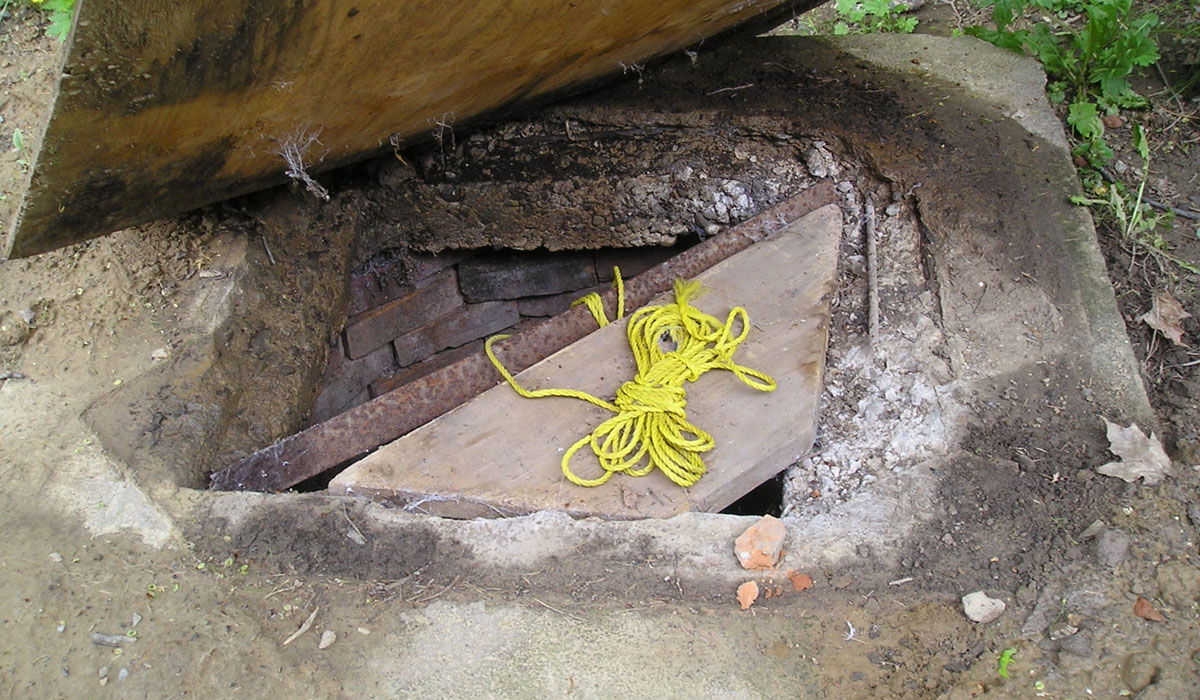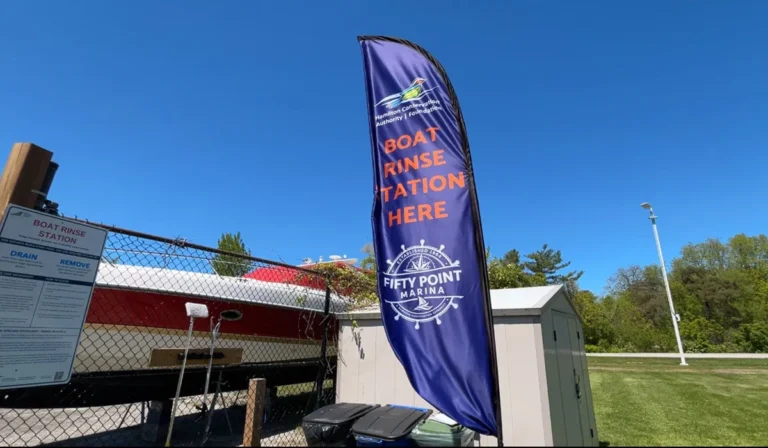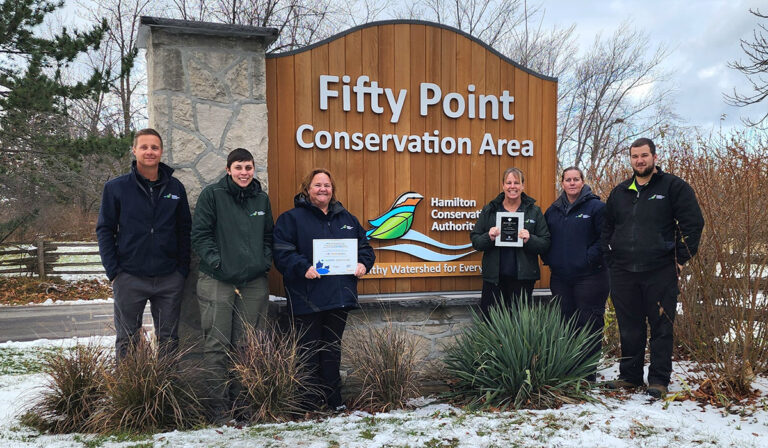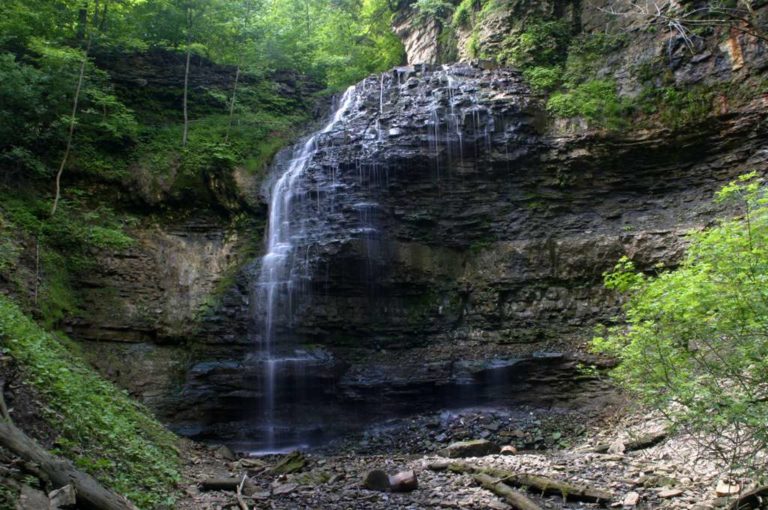With all the spring rain and snowmelt, it is important to highlight the importance of groundwater and protecting it. Decommissioning water wells is an important step in this process, and grants are available locally to help private property owners protect groundwater!
Groundwater
Groundwater is water that is present below the Earth’s surface. It is found in the spaces that occur within soils and rock. These layers of rock or sediment that hold water are called aquifers.
Rain and snowfall, or stormwater, replenishes the groundwater as it travels through soils and sediment where it is naturally filtered by a number of processes. Groundwater moves slowly and care must be taken to not use groundwater resources faster then they can be replenished.
Locally, property owners with wells use groundwater from aquifers for a variety of purposes – for drinking water and personal use, for industrial use, and for agricultural use to water the crops we eat and support livestock.
Decommissioning Water Wells
In order to access groundwater, wells are created by drilling under the surface of the earth into the aquifer. These wells provide a direct route for users to access groundwater in the aquifers.
Unfortunately, if not maintained properly or abandoned, wells can also provide a direct route for contaminants to enter the ground which can impact the safety and quality of all of the groundwater in that aquifer, affecting other well users that draw from that aquifer as well.
In Ontario, wells that are not being used or are abandoned, or wells that are not being maintained for use are legally required to be decommissioned properly by the well owner who must hire a licensed contractor. If you have a well pit below grade, or are unsure of the location of your well, you may need to upgrade your well.
How can I tell if my well is properly maintained?
- Only water from far below the ground should be entering your well.
- The sides and top of your well should be watertight.
- A commercially manufactured well cap or sanitary seal should be in place.
- The ground around your well should slope away from your well and the ground should not be settled and water should not be pooling in this area.
- Learn how to check your private well and test your well water three times per year by visiting https://www.ontario.ca/page/wells-your-property.
- Keep potential contamination sources away from your well, including; pesticides, fertilizers, degreasers, fuels, animal or kitchen waste, manure, and ensure that if you have a septic system that it is in good working order and pumped out regularly.
Funding is available!
To help private property owners decommission abandoned or unused water wells, residents in the HCA watershed can access funding through programs provided by both the City of Hamilton and Wellington County. For more information on either grant, please contact the Hamilton Watershed Stewardship Program.
How can you help protect groundwater?
To help private property owners protect groundwater quality, the Hamilton Watershed Stewardship Program has a grant program available to help private property owners;
- Disconnect downspouts, install rain gardens, permeable pavement, water storage systems and/ or infiltration trenches/galleries to reduce the volume of stormwater entering municipal sewer systems, watercourses or natural areas.
- Manage runoff, manure, milkhouse wastewater, or raw organic materials from agricultural facilities to mitigate possible surface and groundwater contamination.
- Restrict livestock from accessing local watercourses by installing fencing and providing livestock with alternate watering systems.
- Upgrade existing chemical, fertilizer or fuel storage to prevent contamination of ground or surface water.
For more information on any of the above grants, please contact the Hamilton Watershed Stewardship Program.





